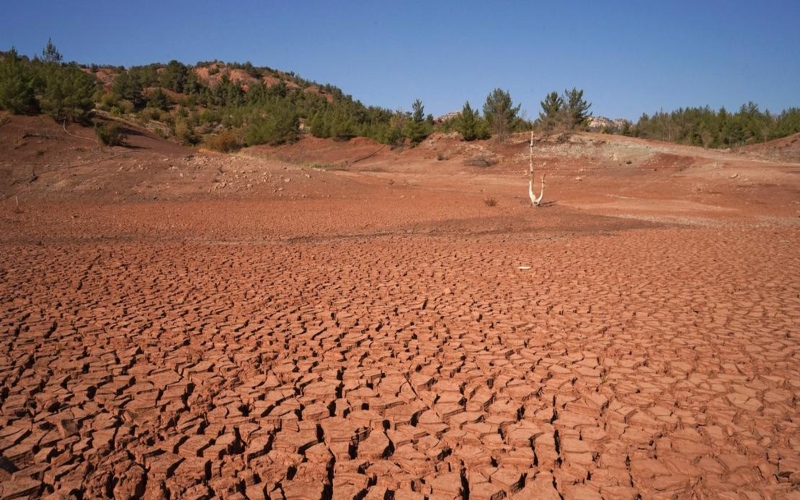Government issues food safety advisory amid flood crisis

The public health department noted the potential for diarrhoea outbreaks, largely attributed to the consumption of contaminated food and water.
The State Department for Public Health and Professional Standards has issued a crucial advisory on food safety in response to the flood crisis, which has heightened the risk of foodborne illnesses.
In a statement on Monday, the department noted the potential for diarrhoea outbreaks, largely attributed to the consumption of contaminated food and water.
More To Read
- Government activates nationwide emergency response amid heavy rain advisory
- Rains to persist across Kenya with isolated heavy downpours - Weatherman
- Health CS Duale vows to ensure SHA settles hospital claims by the 14th of each month
- Over 200 fall ill in Kisii as health authorities investigate mystery outbreak
- Expect significant rains across Kenya this week, weatherman warns
- Meteorological Department warns ongoing rains will damage harvests
It added that typhoid, dysentery, gastroenteritis, aflatoxin poisoning, brucellosis, and cholera are among the prevalent diseases plaguing the nation.
“These health risks underscore the critical importance of prioritising food safety management, especially in the wake of natural disasters like floods,” read the statement.
It added that key factors contributing to foodborne illnesses include cross-contamination, unsafe food sources, inadequate cooking, improper storage, and poor personal hygiene practices.
To mitigate the spread of foodborne illnesses, food business operators were urged to establish and regularly update their food safety management plans and adhere to stringent hygiene practices.
Consumers were advised to only use clean water for drinking and food preparation, and to ensure all surfaces and utensils that have come into contact with floodwater are thoroughly cleaned and sanitised.
Additionally, consumers were reminded to monitor the status of refrigerated or frozen foods during power outages, practice proper handwashing before handling food, cook all food thoroughly, store dry foods in moisture-free environments, and avoid consuming any maize that appears discoloured.
“Factors such as improper harvesting, drying methods, and inadequate storage significantly contribute to aflatoxin contamination, posing serious health risks to consumers,” the department said.
Further, the public was directed to seek immediate medical attention should they exhibit the symptoms of foodborne illnesses.
According to the Centres for Disease Control and Prevention (CDC), the most common symptoms of food poisoning are diarrhoea, stomach pain or cramps, nausea, vomiting, and fever.
One should see a doctor if the symptoms are severe, among them bloody diarrhoea, diarrhoea that lasts more than three days, high fever (temperature over 102°F), and vomiting so often that liquids do not stay down.
The public must also monitor for signs of dehydration, which include not urinating (peeing) much, a dry mouth and throat, and feeling dizzy when standing up.
Top Stories Today
















































